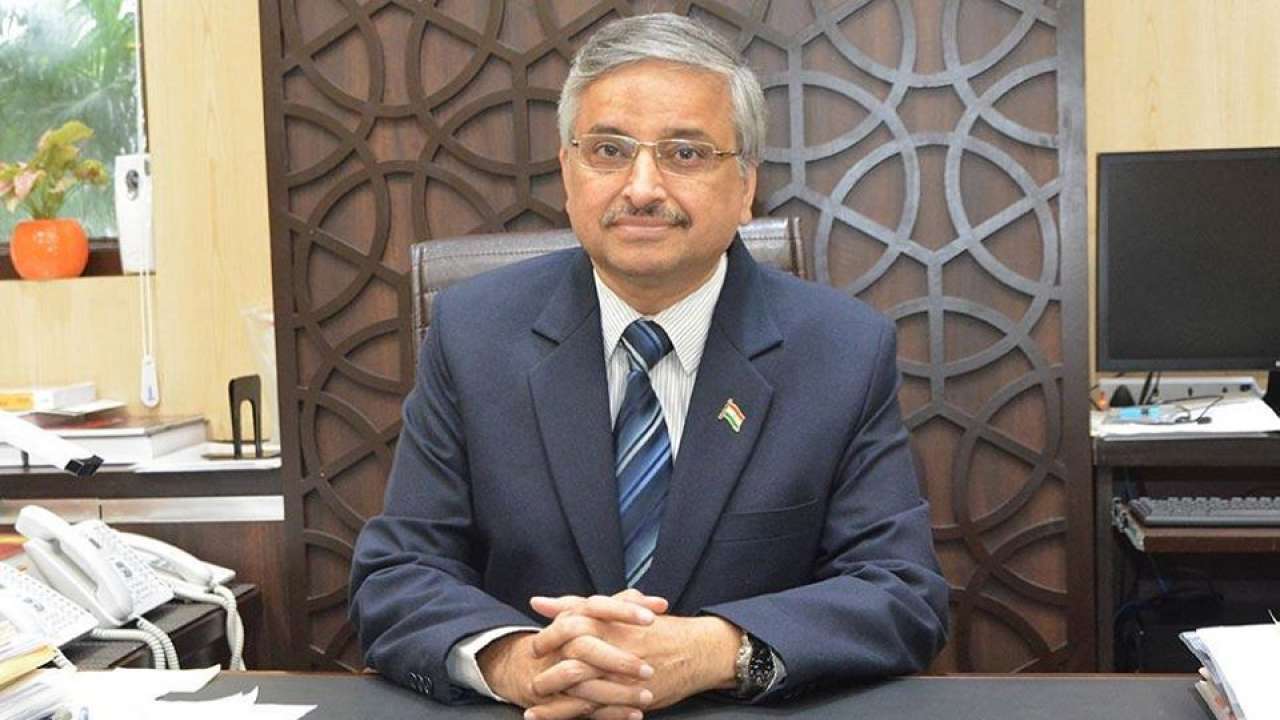‘The vaccination program was a success because of the concentrated and coordinated efforts of the government agencies, policymakers, industry players and the general public.’
New Delhi: Dr. Randeep Guleria, former Director of All India Institute of Medical Sciences (AIIMS), who spearheaded India’s Covid-19 task force, speaks to The Sunday Guardian on the success of India’s vaccination programme. Dr. Guleria is currently Chairman and Director at the Institute of Internal Medicine, Respiratory & Sleep Medicine and Medical Education, Medanta, Gurugram.
Q: What do you think of the Covid-19 immunisation programme that India has implemented since the country’s vaccination effort began over a year and a half ago?
A: India’s Covid vaccination program has done remarkably well considering the size and diversity of our population. The people who criticised the vaccination program said India would never have enough vaccines to administer to its population and that it would take years to ensure full coverage. However, we proved them wrong. If you see, in 2009 and 2010, when swine flu hit India, we had to rely on the WHO (World Health Organisation) for vaccinations. With respect to Covid, we developed and manufactured two vaccines in India and managed too upscale it immediately. We have provided almost 2 billion vaccinations to people in the country through the Co-Win Application. Our distribution and coverage, the success this program has seen have been appreciated throughout the country and even abroad.
Q: What factors contributed to the vaccination campaign’s success in India, which many even in wealthy nations looked up to?
A: The vaccination program was a success because of the concentrated and coordinated efforts of the government agencies, policymakers, industry players and the general public. Everyone came together in alignment. Each player had a role in making sure that the vaccine was made available. They needed to establish a distribution chain, maintain a cold chain, manufacture syringes, swabs and needles alongside and ultimately ensure that the vaccine was reaching the areas where it was being demanded, reaching each vaccination centre. After vaccination, there was the additional work of uploading the data, ensuring there were no adverse reactions, making sure everyone got their certificates immediately. This was something I think even abroad professionals struggled with and that is when they realised that India is resilient and powerful with a strong IT Infrastructure.
Q: What were the obstacles or problems your team faced while overseeing the Covid-19 vaccination campaign in India, and how were those problems resolved?
A: One of the things we struggled with was the info-demic. People abroad were very scared of taking the vaccine because of wrong information about the Covid vaccines that was being circulated. But in India a lot of people including celebrities and politicians got vaccinated and the Government actively dispelled fears and myths about the vaccine. That is why there was a higher uptake as far as the vaccine was considered as compared to the western world. We had to work really hard to bust myths, dispel fears—there were rumours about the vaccine causing impotency, about the vaccine consisting of non-vegetarian elements, we had to show people that these were not true, that there were no side effects and we had to monitor everything very closely. Convincing the elderly and those who had comorbidities was challenging because they were worried their condition would worsen. We had to counter this info-demic—it had a learning curve—we learnt how to get everyone on board and answer all their doubts and clear hesitancies.
Q: The recent outbreak of Covid in China has caused a lot of concern for the rest of the world, does India need to worry about what we are seeing in China or is there a possibility of a similar outbreak in India in the recent future, given that India’s majority population is vaccinated?
A: China’s outbreak is primarily because China had a Zero Covid policy and they had not allowed the virus to spread among the population. Therefore, a large part of the population was naive to the virus and when the restrictions were lifted, suddenly there was a surge. Also, with the new variant, which was spreading rapidly, there was an upsurge. Lastly, their vaccine uptake is low especially in the elderly and their vaccine efficacy—not completely sure about it. Thankfully, all these factors are not applicable in India. We need to be vigilant, but I don’t think we will have a huge surge in hospitalizations or deaths. We may see an increase in cases, and they will be mild. Right now, India just needs to have good surveillance and be prepared so that we are not caught off-guard. This variant is a sub-lineage variant from the Omicron variant itself, and because our vaccines proved to be effective against Omicron, the vaccine will be effective against this variant as well, though efficacy may be slightly less. The reason we are not that concerned is because a large number of people have had natural infection, especially from the Omicron variant and have recovered. Therefore, we have a good amount of immunity which is hybrid—natural and from the vaccine—and that is strong and should give us protection against the variant.

